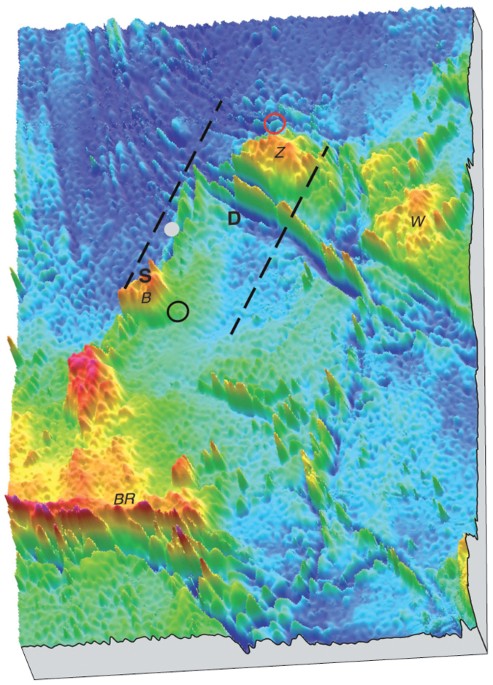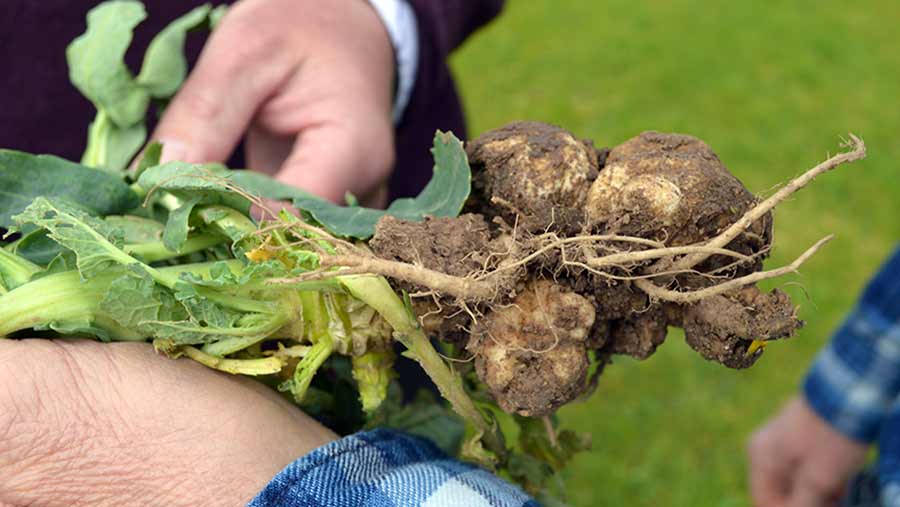- Select a language for the TTS:
- UK English Female
- UK English Male
- US English Female
- US English Male
- Australian Female
- Australian Male
- Language selected: (auto detect) - EN
Play all audios:
Access through your institution Buy or subscribe Computers have changed biology forever, even if most biologists don't yet realize it, says Michael Levitt, a structural biologist at
Stanford University and the founder of Molecular Applications Group (MAG), in Palo Alto, California. Already, drug discovery is driven by the need to apply powerful computers to voluminous
data sets, and the trend, he says, is certain to extend into all other disciplines in biology. Chris Lee, Levitt's former graduate student and co-founder of MAG, agrees, noting that
most biologists today use computers only in the most elementary way as a typewriter and graph-paper substitute. “Bioinformatics is really going to surge when biologists realize that
there's a lot of value, and a lot of new insights, in being able to work across large amounts of data that they and all the other scientists in the world have produced,” says Lee. This
is a preview of subscription content, access via your institution ACCESS OPTIONS Access through your institution Subscribe to this journal Receive 51 print issues and online access $199.00
per year only $3.90 per issue Learn more Buy this article * Purchase on SpringerLink * Instant access to full article PDF Buy now Prices may be subject to local taxes which are calculated
during checkout ADDITIONAL ACCESS OPTIONS: * Log in * Learn about institutional subscriptions * Read our FAQs * Contact customer support AUTHOR INFORMATION AUTHORS AND AFFILIATIONS * Potter
Wickware is a science writer in Oakland, California, USA Potter Wickware Authors * Potter Wickware View author publications You can also search for this author inPubMed Google Scholar RIGHTS
AND PERMISSIONS Reprints and permissions ABOUT THIS ARTICLE CITE THIS ARTICLE Wickware, P. Choices and challenges. _Nature_ 389, 420 (1997). https://doi.org/10.1038/38806 Download citation
* Issue Date: 25 September 1997 * DOI: https://doi.org/10.1038/38806 SHARE THIS ARTICLE Anyone you share the following link with will be able to read this content: Get shareable link Sorry,
a shareable link is not currently available for this article. Copy to clipboard Provided by the Springer Nature SharedIt content-sharing initiative








